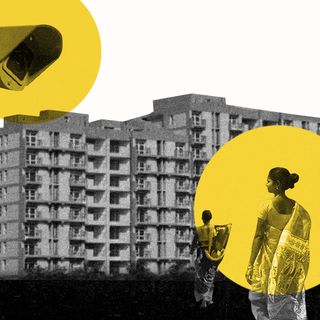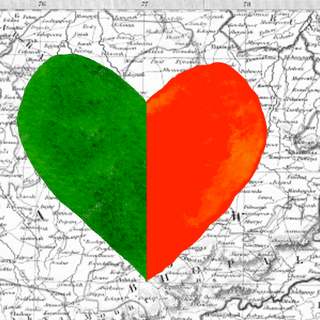Seventeen people were arrested in Bhopal for their alleged involvement in Valentine’s Day-related vandalism. The two separate incidents included attacks on a cafe and a hookah bar and are thought to be motivated by anger over the owners’ supposed promotion of ‘love jihad.’
“The men accused us of promoting love jihad, saying ‘You people encourage love jihad. This is just the trailer. If you are seen inside the cafe again, we will kill you,'” the manager of the cafe said in a statement to the police.
These incidents aren’t isolated events; India’s more conservative political outfits have a long, hostile history with Valentine’s Day. In the past, fringe groups have attacked shops, restaurants, and unassuming couples in order to prove a point against romantic love. The excuses offered for the violence range from diatribes against the influence of Western culture to warnings of increased contraceptive purchases to declarations that kissing is un-Indian. Many spiritual and political leaders have also tried to deflect attention away from Valentine’s Day by starting their own coincidental days of significance — notably Matru Pita Pujan Divas (Mother Father Worship Day) started by godman Asaram Bapu, who is currently in jail for raping minors. Another prominent tactic was a WhatsApp forward that alleges several Indian freedom fighters, including Bhagat Singh were martyred on February 14 — a fake news claim easily disproved via a Google search.
Related on The Swaddle:
Pyaar Aur Parivartan — Two Interfaith Love Stories From Bundelkhand
These reasons point to patriarchal control of young people’s bodies. However, this year’s incidents reflect a new, more worrisome trend that has gathered strength over the past few years: communalism. Raising the ‘love jihad’ bogey on Valentine’s Day in Madhya Pradesh is just the latest in a string of communal efforts often thinly disguised as concern for women’s safety — from a proposal to surveil working women in order to protect them to the wrongful arrest and detainment of a Muslim comedian to a new love jihad law.
The need for prominent, powerful dissent against moral policing only rises because of this communal tone. Examples include the ‘Pink Chaddi’ campaign, for which women sent pink underwear Pramod Muthalik, accused of the 2009 Valentine’s Day Mangalore pub attack, and a 2015 protest involving several hundred students goading a right-wing fringe group to marry them off. These acts of protest show the only counter to the flagrant violation of privacy and safety carried out each February 14th is the repeated assertion of individual independence, and the right to love whomever you choose, regardless of what religion or community they belong to.




